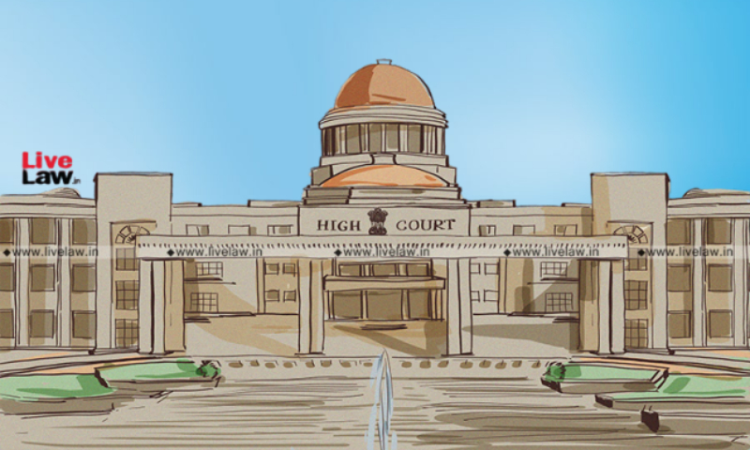Mere Adoption Of Govt Service Rules By Autonomous Bodies Doesn't Grant Their Staff Same Benefits As Govt Employees: Allahabad HC
Upasna Agrawal
6 Dec 2023 4:26 PM IST

Next Story
6 Dec 2023 4:26 PM IST
The Allahabad High Court has held that the mere adoption of government service rules by autonomous bodies does not confer the same rights on the employees of the autonomous body as those available to the government employees.Placing reliance on the judgment of the Supreme Court in State of Maharashtra and anr Vs. Bhagwan and Ors, Justice Abdul Moin held“From a perusal of the aforesaid...
